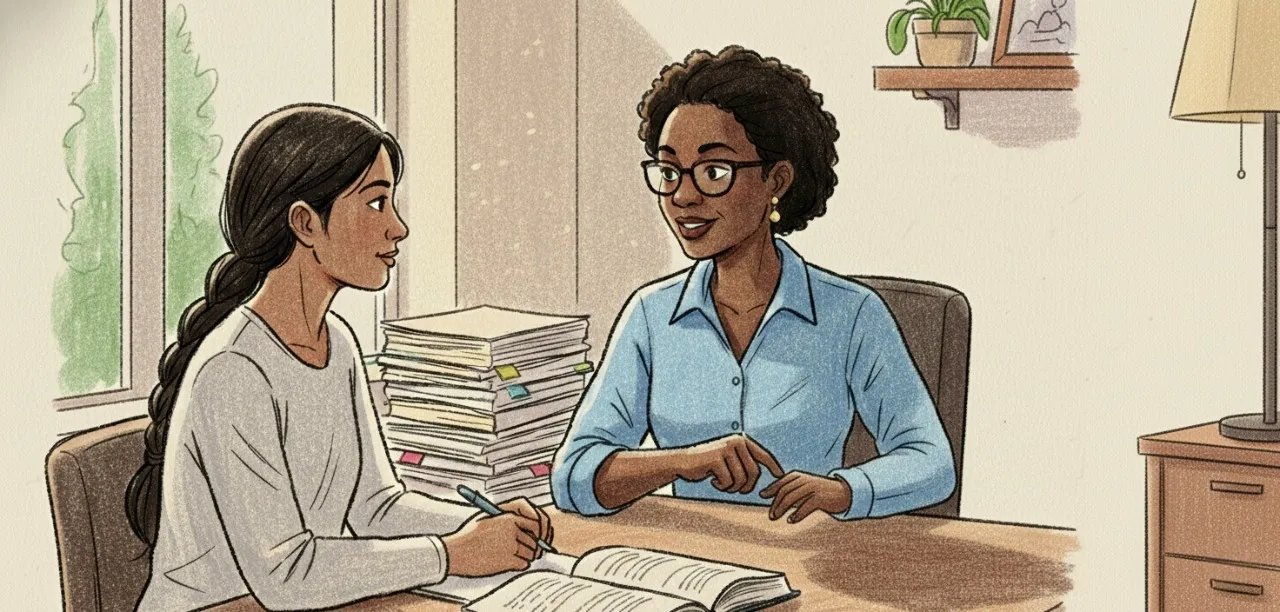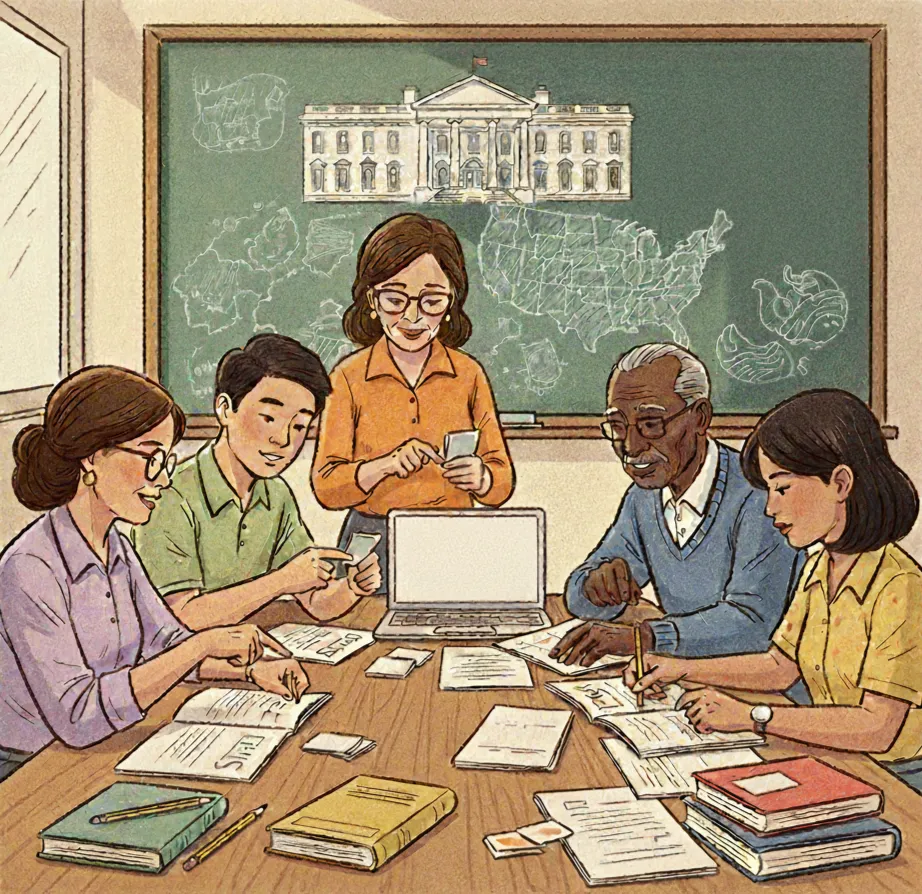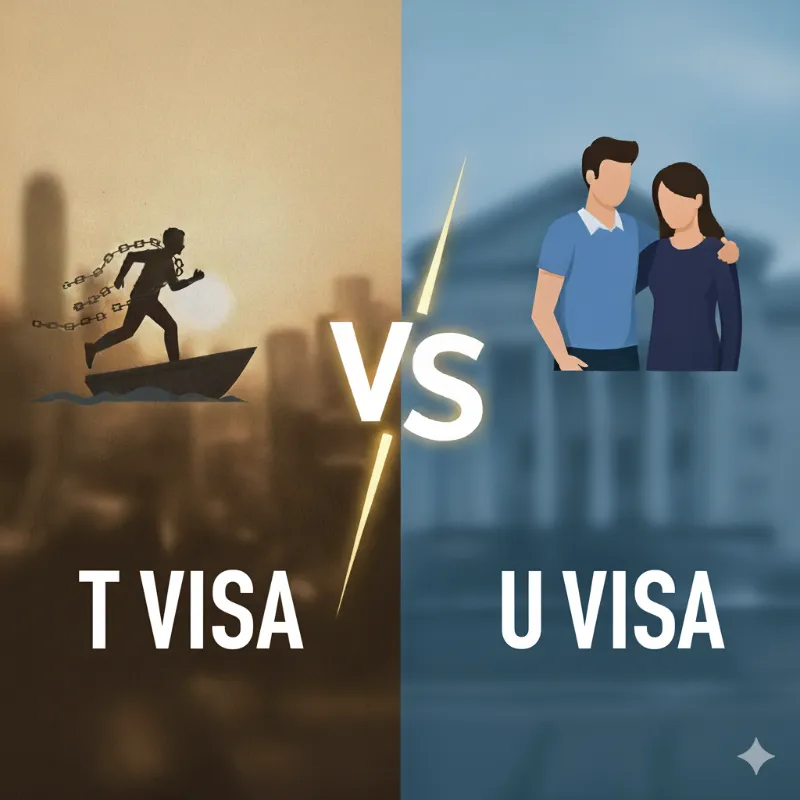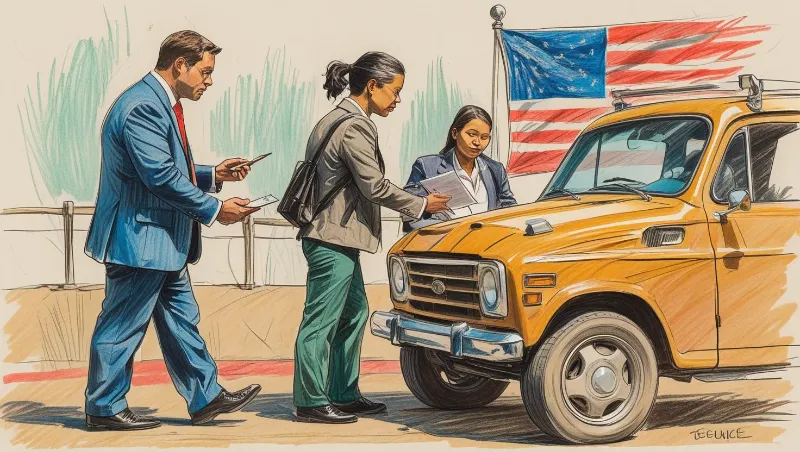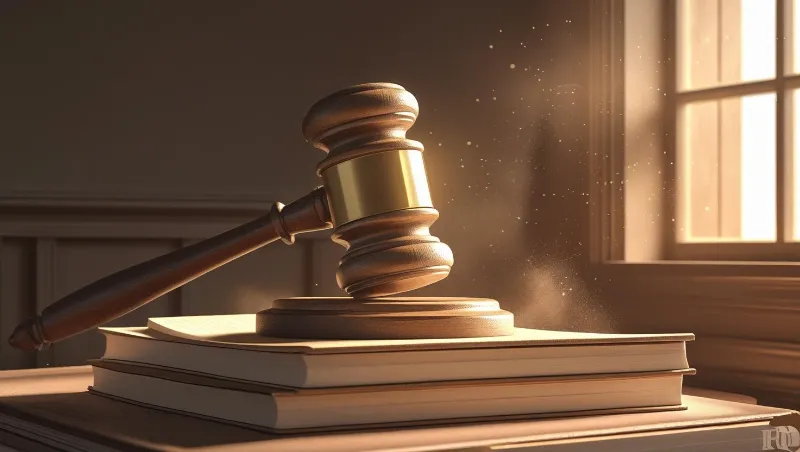The Violence Against Women Act (VAWA), stands as a landmark piece of legislation aimed at combating domestic violence and abuse in the United States.
Despite its name, VAWA extends far beyond its initial scope, providing critical protections to individuals of all genders who have suffered abuse at the hands of a U.S. citizen or lawful permanent resident-qualifying relatives.
This inclusive approach underscores VAWA’s role in safeguarding vulnerable individuals, notably children, from the devastating impacts of abuse within the family structure. You can also click here to see how VAWA can be instrumental in helping abused spouses.
Hello. I’m Aisha Nanyanzi, an immigration attorney who helps domestic violence victims secure their immigration status through VAWA petitions. I am passionate about advocating for survivors, especially children, and ensuring they have the legal support needed to navigate the complexities of VAWA and achieve safety and stability in the United States. If you or someone you know has experienced domestic violence and needs assistance with a VAWA petition for a child, please reach out to me here.
Let’s dive into how VAWA protects children from domestic violence and how they can seek relief through this critical legislation.

1. Who is eligible to file a VAWA self-petition as a child?
● Children under the age of 21 who have endured physical or emotional abuse by a U.S. citizen or lawful permanent resident parent are eligible to file a VAWA self-petition. This could include situations where a child has suffered physical violence, emotional manipulation, or sexual abuse by a parent or qualifying relative who holds U.S. immigration status. This provision acknowledges children’s specific vulnerabilities within their family environment and provides them with a crucial legal pathway to seek protection independently.
● Additionally, the child must demonstrate good moral character. Good moral character can be proved by the child’s conduct and behavior despite enduring abuse. For instance, a child who continues to excel in school and actively participates in community activities or demonstrates resilience and determination in overcoming adversity can showcase their good moral character. This requirement ensures that children seeking VAWA relief present themselves as upstanding individuals deserving of protection and support.
● Lastly, the child must have resided with the abuser, establishing a direct relationship and dependency that underscores the impact of the abuse on their well-being. This residency requirement validates the child’s experience within the family context and emphasizes the need for legal intervention to safeguard their rights and safety.
By meeting these eligibility criteria and providing compelling examples of the abuse suffered, good moral character, and residency with the abuser, children can effectively pursue VAWA relief to break free from abusive environments and access the legal protections they urgently need.
2. How can a child apply for VAWA relief?
Applying for VAWA relief as a child involves preparing a detailed self-petition (Form I-360), known as the Child VAWA Application: Protecting Children, that meticulously outlines the abuse suffered and the relationship to the abuser. In some situations, the child can simultaneously apply for a green card. The process requires gathering evidence and acquiring legal assistance from an experienced immigration attorney specializing in Child VAWA applications to navigate the application process effectively.
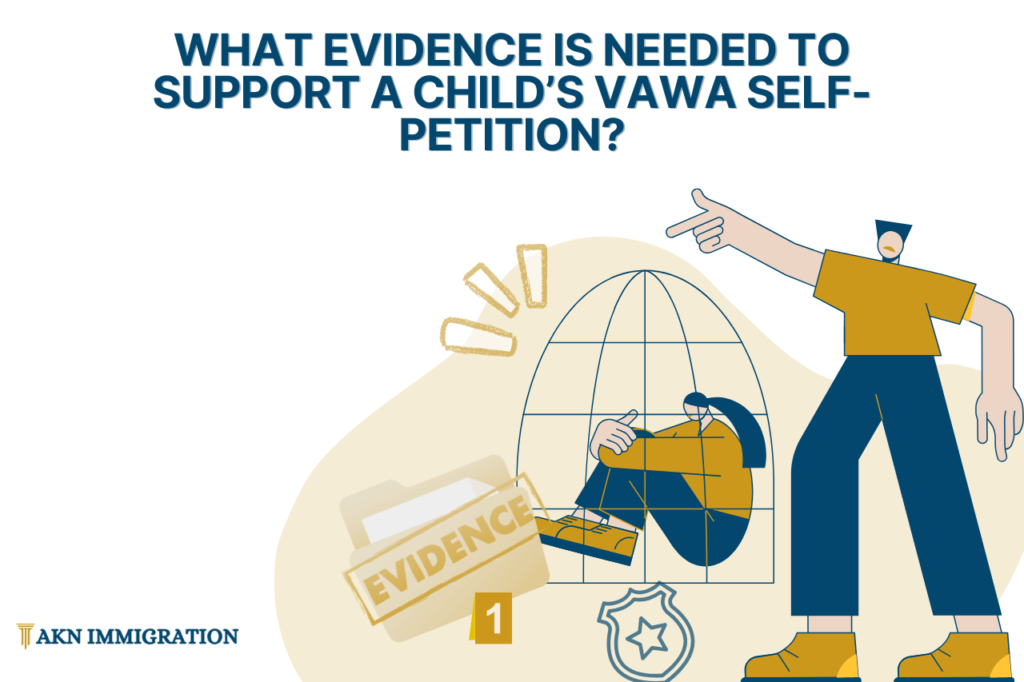
3. What evidence is needed to support a child’s VAWA self-petition?
Documentation of the abuse is paramount and may include, among others;
- An affidavit of the child.
- Affidavits from people who witnessed the abuse.
- Police reports.
- School reports
- Court documents or medical records.
- Additionally, evidence of the relationship with the abusive parent and proof of good moral character are essential elements of the petition.
- The child must also show proof of the parent’s U.S. citizenship or green card holder status. If the child does not have this proof, we can ask USCIS to verify it.
Providing comprehensive evidence strengthens the child’s case and increases the likelihood of a successful outcome.
4. Are any fees required to file a VAWA self-petition for child abuse cases?
One of the remarkable aspects of seeking help through VAWA is that no fees are required to file Form I-360 as a VAWA self-petitioner or the I-485 green card application based on a VAWA self-petition. This fee waiver removes a significant barrier for children who are victims of abuse, ensuring that they can access the assistance they need without financial constraints. It reflects a commitment to prioritizing the well-being and safety of children who have experienced trauma and abuse within their families.
In conclusion,
VAWA provides vital protection for children experiencing domestic violence, offering them a pathway to escape abusive situations and secure lawful immigration status independently and without fear of retaliation or further harm from their abuser.
It is a beacon of hope for those trapped in abusive family environments. If you know a child victim of domestic violence, our team at AKN Immigration is here to advocate for your rights.

